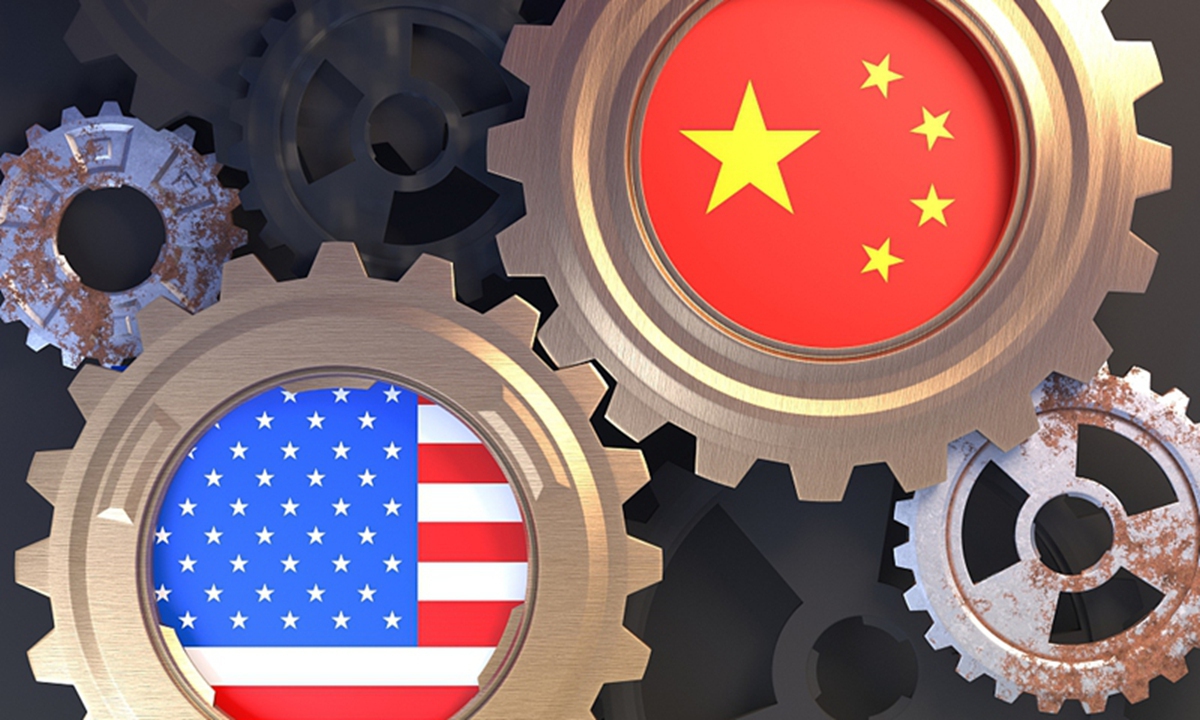
China US
A reported plan between the US and the EU to reach a trade agreement on critical minerals that aims to "reduce their dependence on China" is another push by the US to target China's leading industries through moves that are against market rules, a Chinese expert said on Thursday.
US President Joe Biden and European Commission President Ursula von der Leyen are expected to discuss the plan for crafting a trade agreement focused on critical minerals later this week, the Wall Street Journal reported on Wednesday.
According to the Wall Street Journal, talks on the bilateral deal are a first step toward forming a "buyers' club" for minerals that are critical for the clean-energy transition. The deal would also be part of an effort to address a dispute between the EU and the US over the latter's subsidies for electric vehicles.
The US' Inflation Reduction Act, which included protectionist provisions on subsidies for electric vehicles that are made with minerals from the US or a country with which the US has a free trade agreement, angered the EU and many other US allies. The EU, in particular, has even threatened to retaliate against the US.
While US officials stressed the point of "reducing dependency on China," the move is more like a US trick to calm the EU amid the latter's growing anger over the US Inflation Reduction Act, Chinese experts noted.
"One of purposes is for the Biden administration to offer some kind of comfort for its Western allies," Lü Xiang, a research fellow with the Chinese Academy of Social Sciences, told the Global Times on Thursday.
The move also reflects the US administration's efforts to rope in allies to encircle and contain China as well as its complete disregard for and violation of market laws and WTO rules, Lü further pointed out.
The reported deal could mean more restrictions for Chinese electric vehicle-makers, as the competition for critical minerals would further intensify, industry experts noted. It would also mean that Chinese firms would have to be more cautious in overseas expansion.
Chinese electric vehicle companies have gained significant global advantages after years of development, and the US move probably won't impact the industry in the short term, Lü said.




